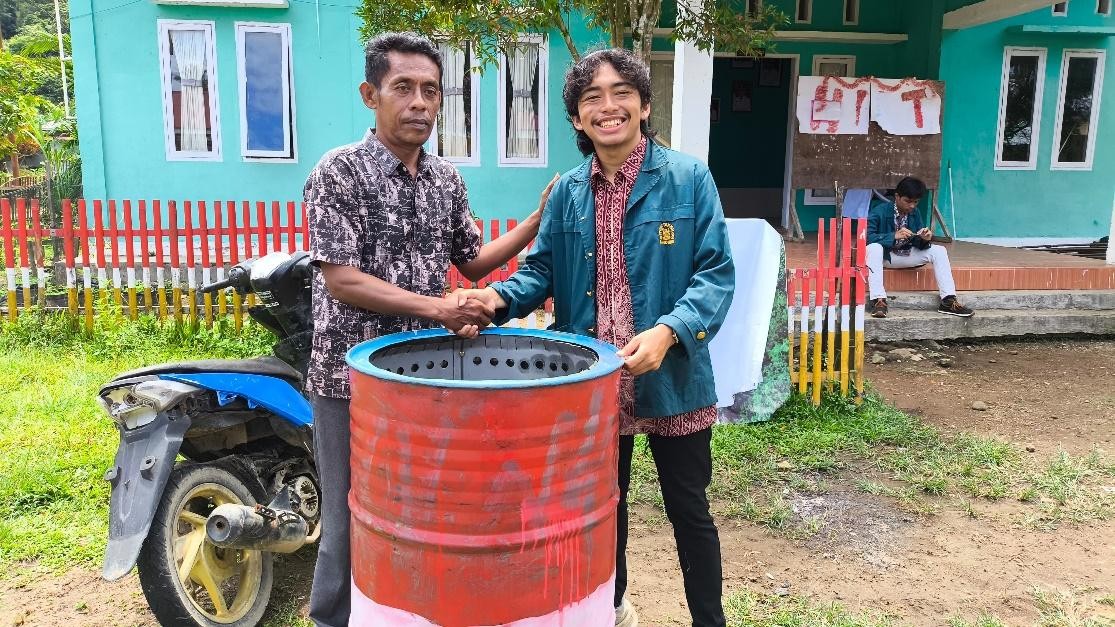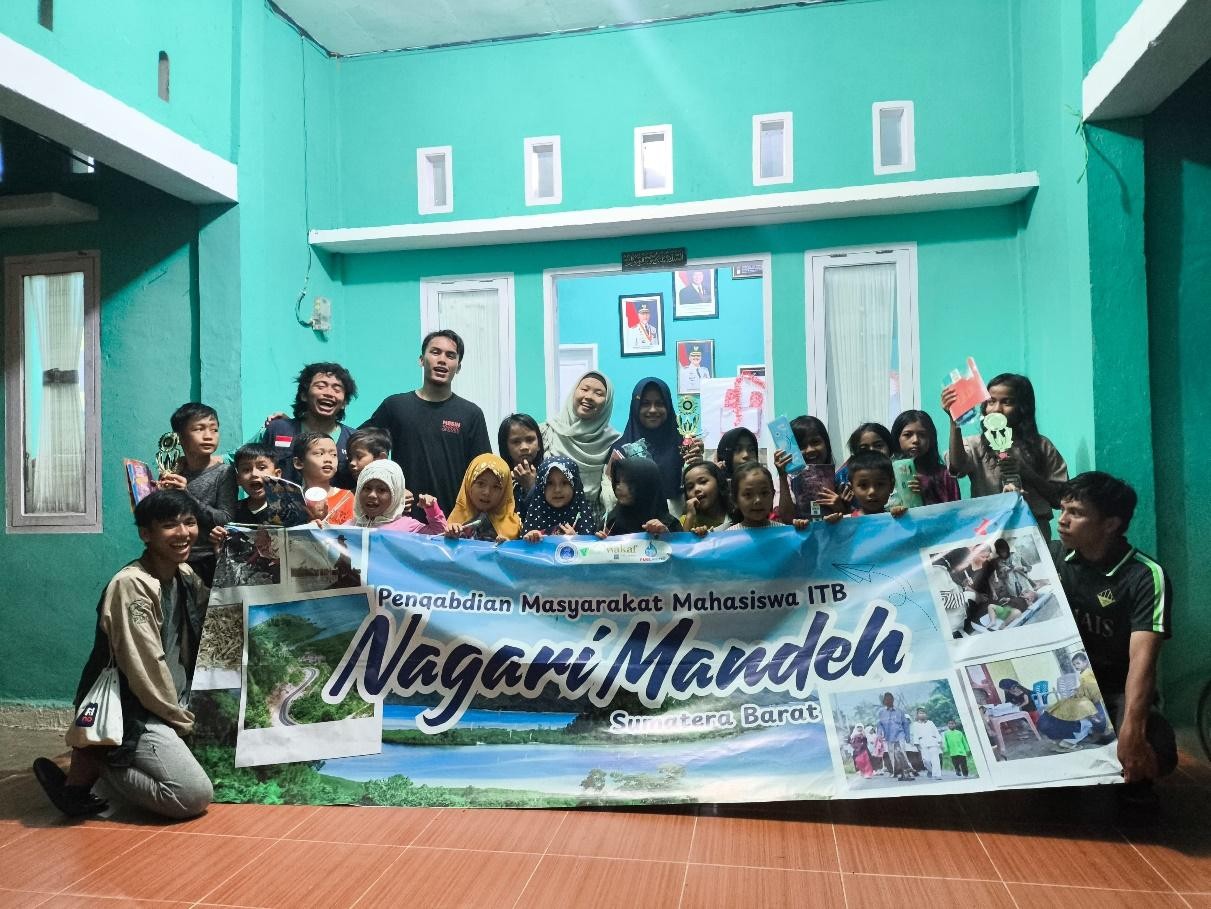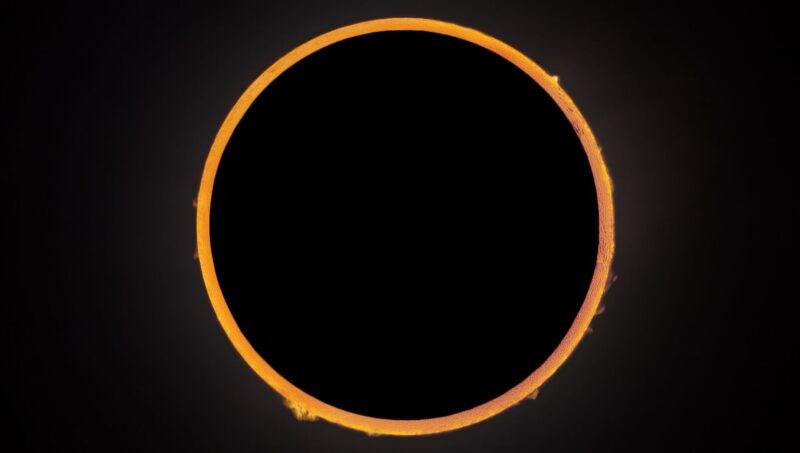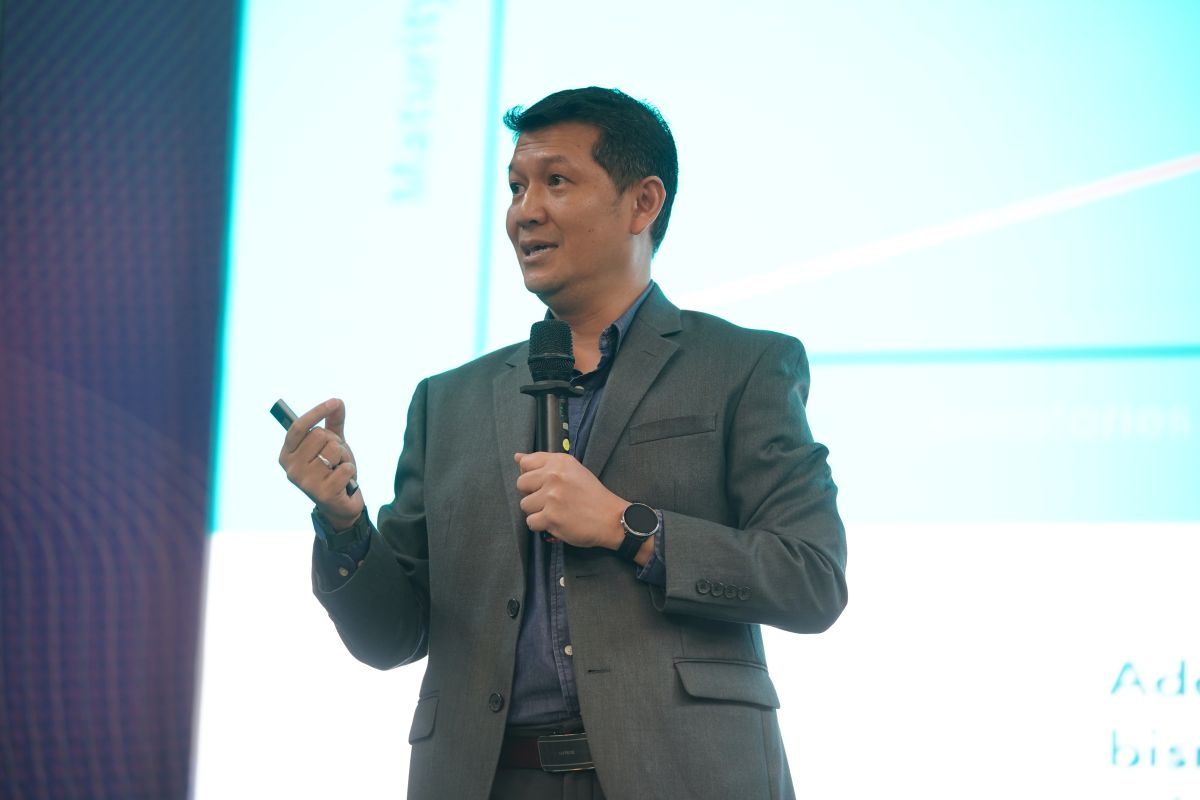Mandeh Expedition: ITB Students Promote Environmentally-Based Tourism in West Sumatra
By Mufti Ali Farkhan - Mahasiswa Oseanografi, 2021
Editor M. Naufal Hafizh, S.S.

PESISIR SELATAN, itb.ac.id — A team of five students from Institut Teknologi Bandung (ITB) initiated a two-week program titled Mandeh Expedition, which took place from March 31 to April 13, 2025, in Nagari Mandeh, located in the Pesisir Selatan Regency of West Sumatra. The expedition was aimed at highlighting and promoting the eco-tourism potential of the region, often referred to as the “Raja Ampat of Sumatra.”
“When outsiders think of Indonesian tourist destinations, places like Labuan Bajo or Raja Ampat usually come to mind. But in fact, right here in Sumatra, Mandeh possesses tremendous potential as a tourism hotspot,” said Ali Bahtanazar Umar, leader of the Mandeh Expedition team.
Mandeh is situated approximately 60 kilometers from Padang City. However, due to limited public transportation access to the area, the ITB students chose to engage directly with the local community, introducing Mandeh's tourism appeal through educational, environmental, and social-based initiatives.

During the expedition, the five ITB students were joined by a student from Universitas Andalas to host a collaborative workshop focused on waste management with local residents. “I happen to be involved in a community that works in the field of waste processing. Through this expedition, we aimed to introduce an integrated waste management system to the local community,” Ali explained.
The waste management initiative involved processing organic waste using maggots, while inorganic waste was handled using custom-made incinerators developed by the team. “We built five incinerators in total, which we distributed to several strategic locations. We also assigned community members who were trained and capable of operating and maintaining the incinerators,” Ali added.

In addition to environmental programs, the team carried out a range of supporting activities. These included public health education with a particular emphasis on stunting prevention, nutritional supplement distribution for children at risk of stunting, the donation of Qur’ans and religious education sessions aimed at strengthening spiritual values, a children’s painting competition held at the waste processing site to encourage youth engagement, and the creation of digital content and tourism branding to enhance Mandeh’s online presence.

The Mandeh Expedition served as a concrete example of student-led community service that goes beyond simply implementing external programs—it was designed to be responsive to the actual needs of the residents. “We’re not just bringing academic programs from the campus; we’re also actively listening to what the community truly needs and adapting our efforts accordingly,” Ali stated.
To view the full documentation of the expedition, you can visit their official Instagram account @fuelastic.
Reporter: Mufti Ali Farkhan (Oceanography, 2021)
Translator: Malika Fatima Lawe (Microbiology, 2022)


.jpg)

.jpg)
.jpeg)
.jpg)


